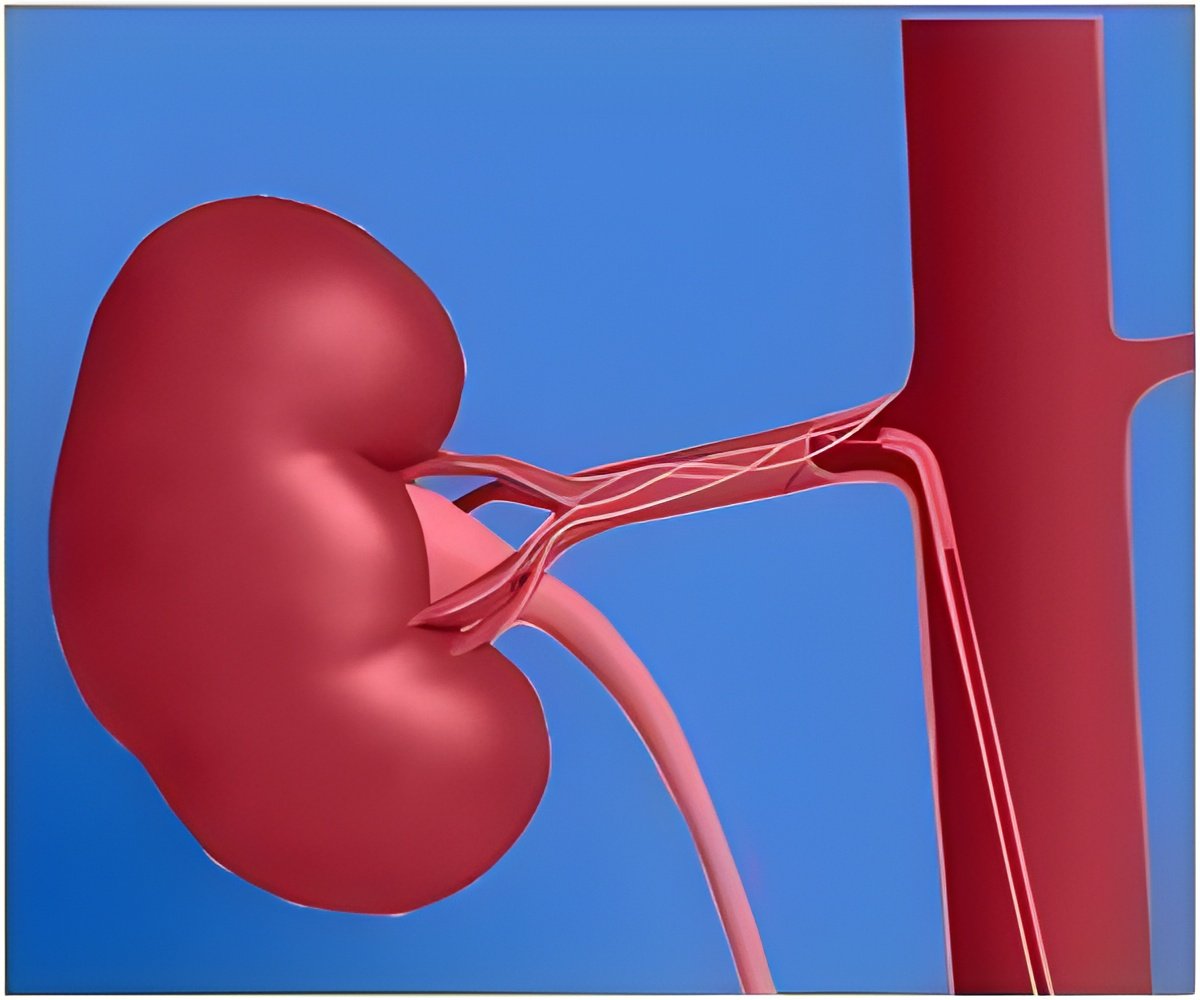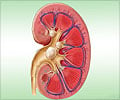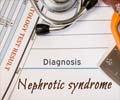A study says that equations that estimate a patient's kidney function work as well as direct, invasive measurements.

Measuring CKD patients' kidney function can help physicians anticipate complications and provide optimal treatments. Most measures focus on patients' glomerular filtration rate (GFR), or the rate that the kidneys filter wastes from the urine. Clinicians have traditionally assumed that directly testing GFR by injecting a tracer agent such as iothalamate provides a better measure of kidney function than calculating GFR indirectly with an equation. However, iothalamate GFR (iGFR) is more cumbersome and invasive than equation-estimated GFR (eGFR). Specifically, iGFR involves injecting a (sometimes radioactive) agent, taking multiple blood samples, and doing timed urine collections, while eGFR involves one simple blood test.
To compare the tests, Chi-yuan Hsu, MD (University of California, San Francisco) and his colleagues looked to see which is more strongly and consistently linked with common CKD complications in 1,214 CKD patients who participated in the Chronic Renal Insufficiency Cohort (CRIC) study, which includes the largest ever group of CKD patients assembled and is sponsored by the National Institute of Diabetes and Digestive and Kidney Diseases.
The investigators found that eGFR linked just as tightly to CKD complications as iGFR. These results refute the conventional view that iGFR is in fact the gold standard measure of kidney function. "For many purposes and for many patients, relying on equations to estimate GFR alone may be sufficient, and patients can avoid undergoing more invasive assays to directly measure GFR," said Dr. Hsu.
Source-Eurekalert














